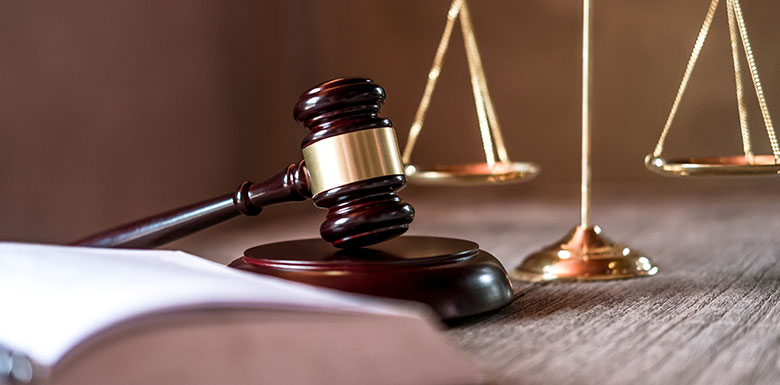What You Need to Know about Pennsylvania’s Clean Slate Law
18 Feb 2019, by in Criminal Defense, Expungements
Written by Timothy Czekaj
Pennsylvania’s clean slate law, also known as Act 56, was approved by the Governor on June 28, 2018, after passing through the legislature with almost unanimous bipartisan support. The law created an automated process for record sealing, and widens the range of eligible offenses.
At Czekaj Law, LLC, our priority is to help our clients avoid criminal convictions. In cases where a client does end up with a conviction, we make every effort to limit the consequences of having this blemish on their record. If you’re interested in cleaning up your record, call us today at (717) 275-9770, or reach out via the online form to schedule a free situation with one of our Pennsylvania criminal defense lawyers.
What Is Pennsylvania’s Clean Slate Act?
The clean slate law expands access to the process of sealing criminal records. When a record is sealed, it is removed from public view. Only law enforcement agencies and courts will be able to access your criminal record to conduct in-depth background checks, investigating, and prosecuting crimes. This means that most members of the public will no longer be able to see if you have a criminal record. Sealing is not to be confused with expungement, which is when the court destroys your criminal record, removing all traces of your criminal past.
The clean slate act increases the number of offenses that are eligible for sealing. Previously, only the records of an arrest for second or third-degree misdemeanors could be sealed. Now, first-degree misdemeanors are now eligible for sealing if you maintain a clean record for 10 years after your conviction.
Offenses Excluded from the Clean Slate Act
However, first-degree misdemeanors involving violence or sexual misconduct are generally excluded. But this isn’t to say that all violent crimes are excluded from the clean slate act. For example, simple assault – which is a violent offense – is eligible for sealing, because it is a second-degree misdemeanor. On the other hand, an assault committed by a person over 21 against a victim under the age of 12 is not eligible for sealing, because it is a first-degree misdemeanor.
You can file a petition for the sealing of offenses that are newly eligible under the Act 56. Your offense will not be eligible for sealing until you have served your sentence and paid all court costs and fees associated with your conviction.
When Should I Consider Expungement Instead of Sealing?
When a criminal conviction or arrest has been sealed, most employers will no longer be able to see it. But there are two exceptions. When an employer is required under federal law to review your criminal record as part of the hiring process, they may view your sealed records. Similarly, when an employer performs an FBI background check as part of the hiring process, your sealed records will appear.
Eligibility for Expungement in Pennsylvania
If you want to apply for a job that performs these in-depth background checks, you may want to determine if expungement is an option. Unfortunately, expungement is available only in a narrow range of cases:
- Summary offenses – If you were convicted of a low-level offense punishable by a fine or up to 90 days in jail, and committed no further crimes in the following five years, you can expunge your record.
- Arrest records – You can expunge arrest records that did not result in prosecution after an 18-month waiting period.
- Accelerated Rehabilitative Disposition (ARD) cases – If you successfully completed the ARD program, your record may be expunged as long as the underlying offense was not a sex crime committed against a minor.
- Convictions for underage alcohol crimes – You may be able to expunge convictions for certain underage alcohol crime.
- You are over the age of 70 – If you have not been arrested or prosecuted for at least 10 years after you served your time, you may be able to expunge your record.
If you do not qualify for expungement or sealing of your record, you may wish to consider applying for a pardon.
Do You Have Questions About the Clean Slate Law? Call Us Today
The government of Pennsylvania has made it easier to put your criminal past behind you. The criminal defense lawyers of Czekaj Law, LLC can help you determine if your criminal convictions are eligible, and assist you with the petition process so that you obtain the desired result.
Contact us today at (717) 275-9770 for a free consultation with our PA expungement lawyers about your options.